The world's AI superpowers, ranked
The frontrunners shaping the future of AI

As artificial intelligence (AI) continues to transform industries and societies around the world, certain countries are emerging as leaders in the race, though one nation is far ahead of the pack.
These trailblazers are not only investing heavily in research and development but are also building the necessary infrastructure and laying additional foundations for the evolution of this groundbreaking technology.
Read on to discover the top 30 leaders in the field today, according to the latest Global AI Index compiled by British news website Tortoise Media.
How does Tortoise Media come up with its Global AI Index?

Launched in 2020, Tortoise Media’s Global AI Index, now in its fifth edition, ranks 83 countries based on 122 indicators across three key pillars: investment, innovation and implementation. These are broken down into seven sub-pillars, from talent and infrastructure to research and government strategy.
The scale of each country's AI capacity and its impact on the global stage is also assessed, as is each nation's intensity – essentially a measure of AI capacity relative to the size of a country's population or economy.
Tortoise Media – which bases the index on data from 24 public and private sources and the 83 relevant governments – then assigns each nation an overall score out of 100. Discover which countries make the top 30...
30. Brazil, overall score: 12
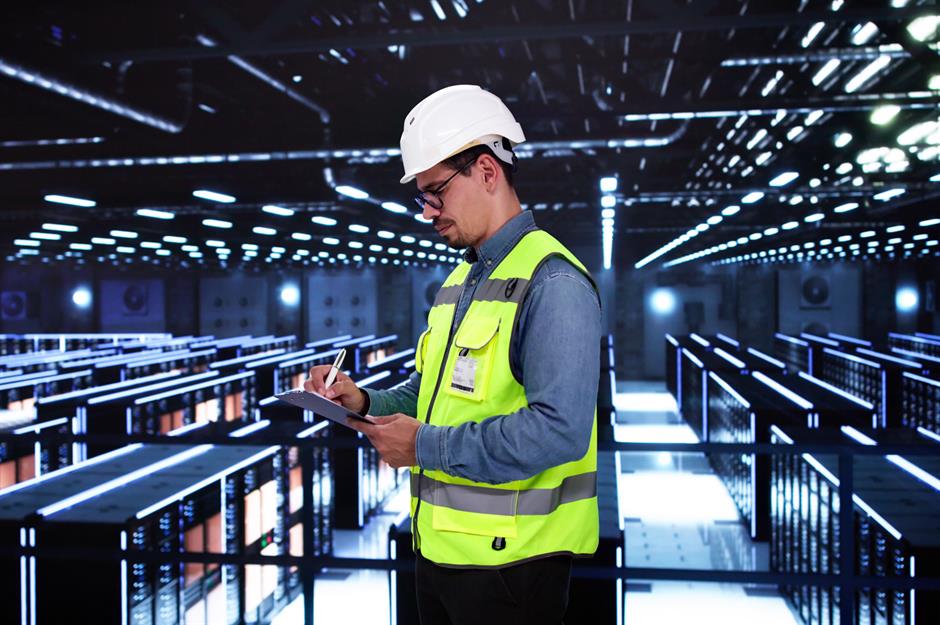
Brazil ranks a decent 30th in the Global AI Index, driven by significant government investment and a rapidly growing tech ecosystem. The Brazilian state has committed $4 billion (£3.2bn) over the next four years to AI research and development, though the nation currently scores a lowly 3/100 for research and 5/100 for development.
On another note, Brazil's strategic geographic location, improving infrastructure and renewable energy sources are positioning the country as a global hub for AI data centres. Plus, the nation is home to Zenvia, a generative AI chatbot provider with a market cap of $130 million (£105m), which places it among the most valuable AI companies in the world.
Sponsored Content
=28. Portugal, overall score: 13
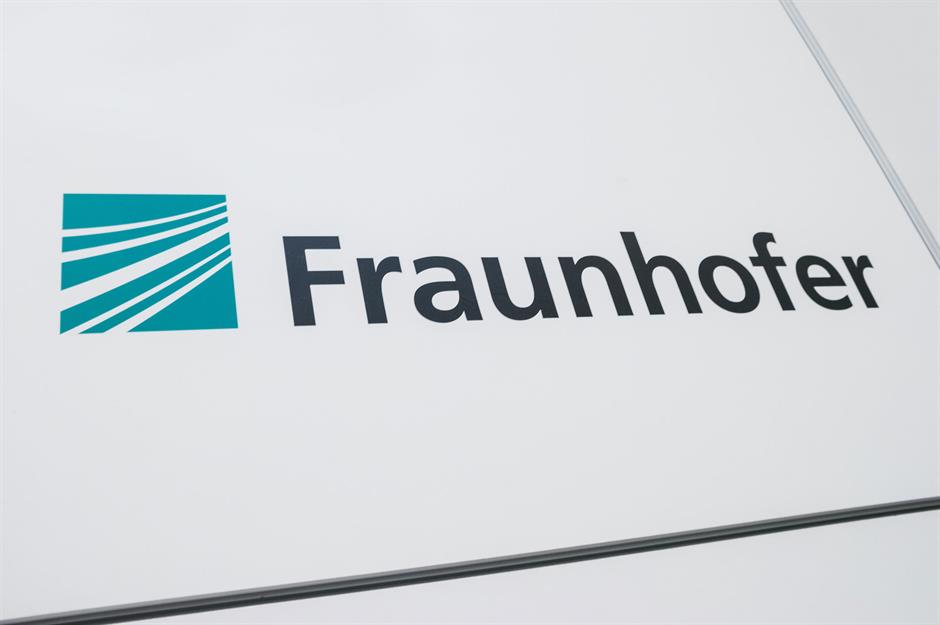
Portugal is enthusiastically embracing AI, with the nation part of a consortium of 17 countries working to set up Europe's first factories in seven EU member states. Moreover, the Porto-based Fraunhofer Portugal AICOS Research Centre (FhP-AICOS) is leading ACHILLES, an $8.2 billion (£6.6bn) European initiative that seeks to address the most critical vulnerabilities in AI.
In terms of the seven sub-pillars, Portugal is rated highest for its operating environment, garnering a stellar 84/100, but its score for research is very weak at only 4/100.
=28. Austria, overall score: 13
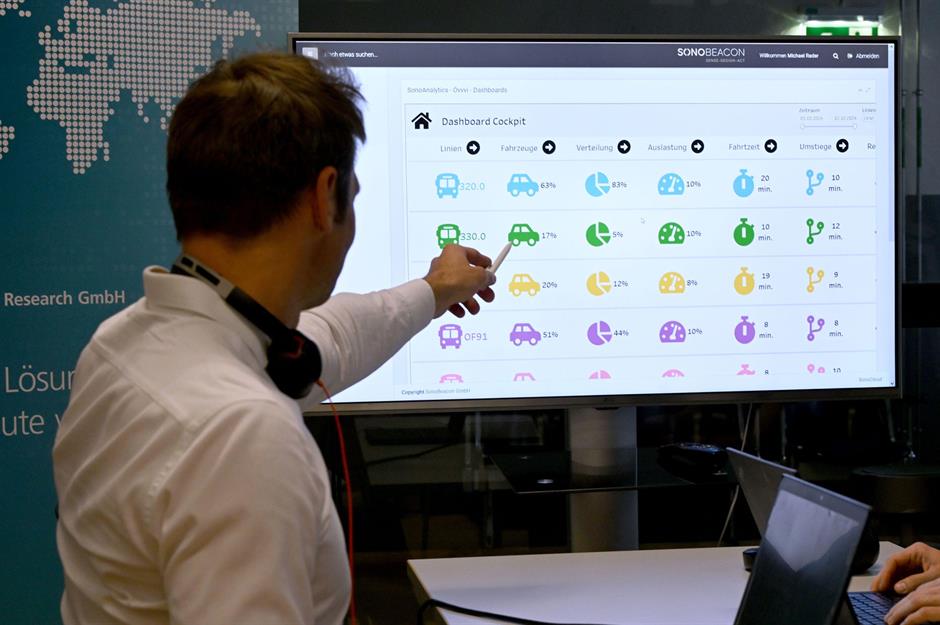
Austria's efforts are based around AI Mission Austria 2030 (AIM AT 2030), which focuses on responsible, human-centred AI to boost research, innovation and competitiveness. Europe actually leads the world in AI ethics and regulation.
The strategy emphasises trustworthy AI, ecosystem development and public-private collaboration, with a slew of measures already in progress to enhance AI literacy and improve services. When it comes to the seven sub-pillars, operating environment wins the highest score, but research and development are poorly rated, indicating more effort is required in these areas.
27. Belgium, overall score: 14

Belgium has introduced a National Convergence Plan for AI that aims to position the country as a “#SmartAINation” by focusing on nine objectives, including promoting trustworthy AI, enhancing cybersecurity, boosting competitiveness and applying AI in sectors like healthcare, mobility and climate change. A steering committee is overseeing the implementation of these goals.
The government has also launched an AI action plan. Among the seven sub-pillars, Belgium's forte is its operating environment, while research and development (or the lack thereof) is the country's key AI shortcoming.
Sponsored Content
=21. Norway, overall score: 16

Launched in 2020, Norway's AI strategy is all about boosting innovation, digital skills and research, while ensuring ethical AI use and strong data infrastructure. It aims to leverage AI for productivity and value creation, balancing the tech's potential with careful management of risks.
Again, Norway scores highest in the operating environment sub-pillar, but its rating for development is a subpar 3/100.
=21. Sweden, overall score: 16
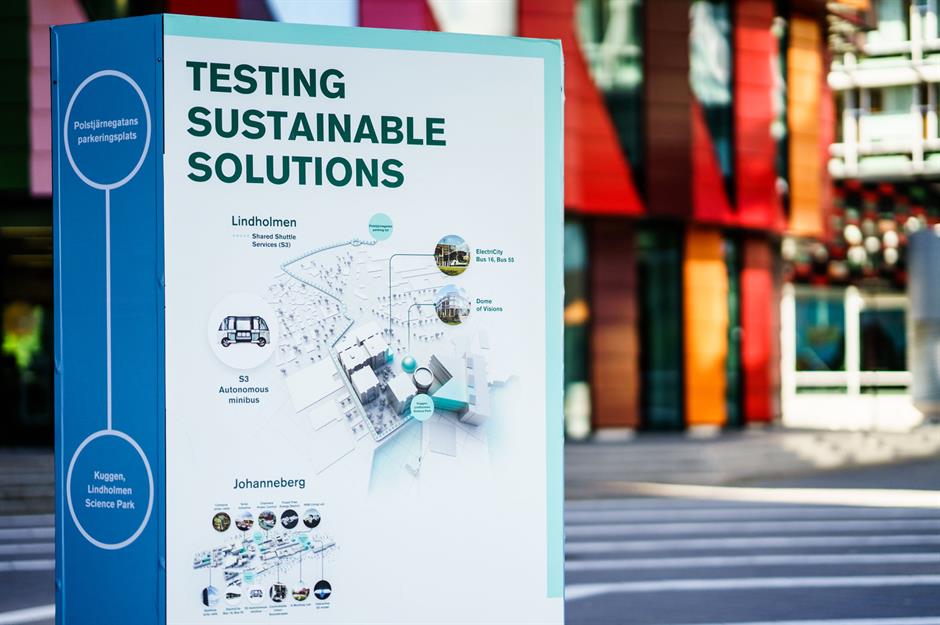
Sweden already has a national centre for applied AI and is one of the seven European countries that will host an AI factory. Dubbed MIMER, the facility is set to offer an AI-dedicated supercomputer with cloud access and secure data storage. It will focus on AI in life sciences, healthcare, materials science, autonomous systems, gaming, generative models and personalised medicine.
Nonetheless, Sweden scores comparatively poorly for research and development, with government strategy and operating environment its strongest sub-pillars.
=21. Italy, overall score: 16
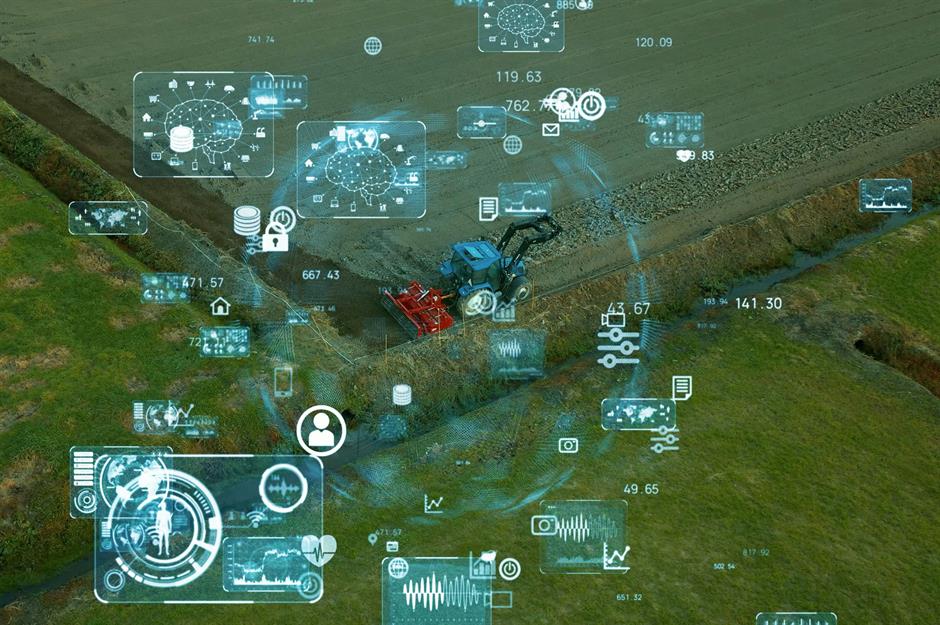
Italy is rated even worse in terms of development, scoring a dire 2/100 for this sub-pillar, but has garnered a perfect 100/100 for its operating environment.
The country is among the seven hosting Europe's first dedicated AI factories. IT4LIA, as its factory is called, aims to create a world-class AI infrastructure in Bologna, connecting researchers, startups and SMEs to accelerate AI adoption across sectors like agrifood, cybersecurity and manufacturing. The project will feature a powerful AI-optimised supercomputer and offer extensive training to support emerging players. Italy is also the proud home of Almawave, Europe's second most valuable AI company.
Sponsored Content
=21. Ireland, overall score: 16

Ireland scores significantly better than Italy for development but lower for operating environment, though its rating for this sub-pillar is strong nonetheless.
The country recently refreshed its AI strategy, which is framed around seven key areas: promoting AI literacy and trust, implementing the EU AI Act, fostering AI adoption in enterprise, integrating AI in public services, strengthening AI research and innovation, expanding AI education and skills and enhancing AI infrastructure. The strategy aims to position Ireland as a leader in ethical AI development and cross-sector AI adoption, supported by responsible governance, public-private collaboration and sustainable infrastructure investments.
=21. Denmark, overall score: 16
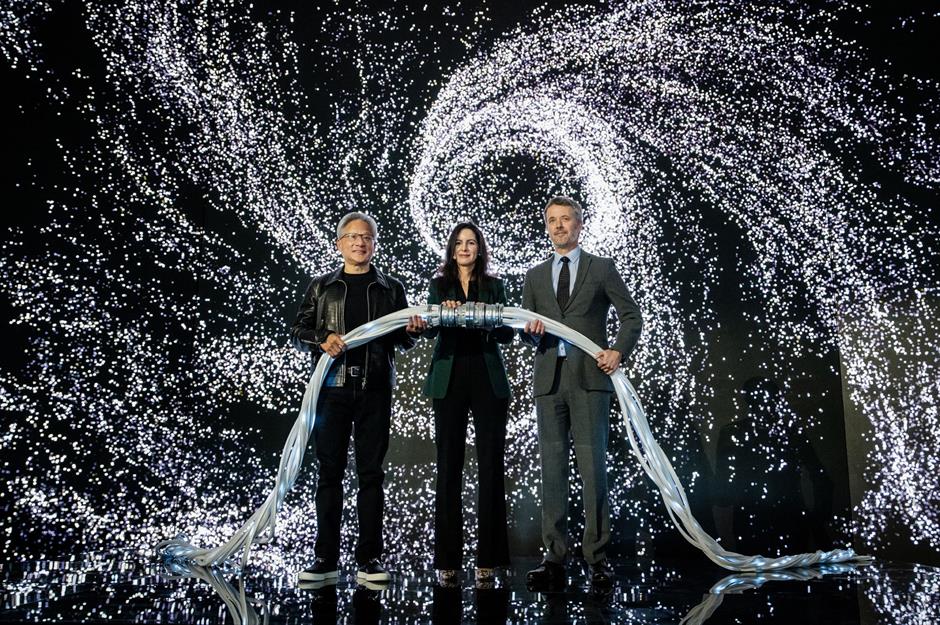
Denmark scores even better for operating environment but its development rating is lower than Ireland's.
Nonetheless, the Scandinavian country is becoming a leader in healthcare AI, from personalised medicine to patient monitoring. And the country has partnered with US AI firm NVIDIA to build Gefion, one of the world's most powerful AI supercomputers, which became operational in October 2024 after NVIDIA's Jensen Huang, CEO of the Danish Centre for AI Innovation Nadia Carlsten and King Frederik symbolically switched it on at a glittering ceremony (pictured).
=21. Taiwan, overall score: 16

Infrastructure is Taiwan's strongest sub-pillar. This figures since the country is a global leader in the realm of AI hardware, particularly AI semiconductor production and the manufacturing of AI servers.
Major names in the global AI industry heavily rely upon Taiwanese firms to fabricate their chips and the other essential components needed to power AI systems.
Sponsored Content
=19. UAE, overall score: 17

Scoring relatively well for development, the UAE is betting big on AI and is shaping up to be a key international player. In 2017, the nation's government was the first in the world to appoint a minister for AI.
This forward-thinking approach has fostered the UAE’s ascent as a global leader in AI smart cities. At the same time, the nation boasts two of the world's most valuable AI companies, data analytics firm Presight AI and geospatial tech outfit Bayanat AI. The key challenge for the country is finding enough talent to fill vacancies in its burgeoning AI industry.
=19. Luxembourg, overall score: 17

The affluent Grand Duchy of Luxembourg ranks among the top countries in terms of intensity, with its per capita contribution to the AI race one of the highest.
The tiny nation is poised to become a hub for AI-powered finance. Additionally, Luxembourg is among the seven countries selected to host one of Europe's first AI factories. Its facility, called L-AI, is based around the MeluXina-AI supercomputer and will address critical challenges faced by AI users in strategic sectors including finance, space, cybersecurity and the green economy.
=17. Spain, overall score: 18

Spain's AI government strategy and operating environment are highly conducive, with the country boasting excellent scores for these sub-pillars.
Spain is another of the seven countries building one of Europe's first AI factories. The nation is working with Portugal, Romania and Turkey to construct the BSC AI facility in Barcelona, which will focus on AI for public administration, health, agriculture, climate, media and more. In terms of obstacles to Spain's AI development, sourcing talent could be an issue. A recent study found that 50% of AI vacancies in the country went unfilled in 2023 due to a lack of suitable candidates.
Sponsored Content
=17. Australia, overall score: 18
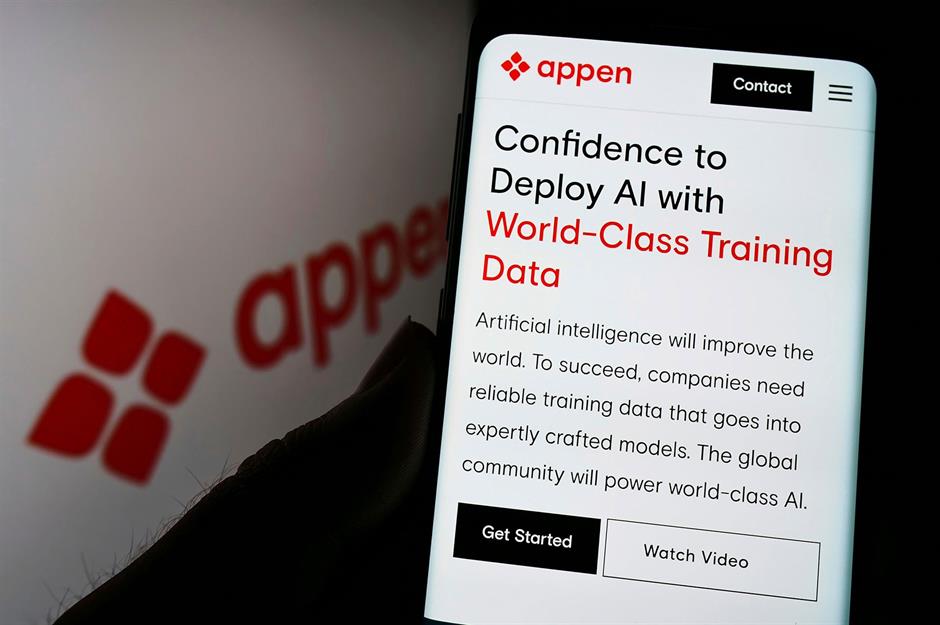
Government strategy and operating environment are also Australia's strong points.
The country's National AI Capability Plan aims to boost AI investment, enhance skills and shore up resilience, targeting $372 billion (£300bn) in GDP by 2030. The plan, building on existing initiatives, is scheduled for delivery by the end of 2025. On another note, Appen, which helps train AI models for Microsoft, Nvidia, Meta and other major AI players, is Australia's most valuable AI company, with a market cap of $420 million (£338m).
=15. Hong Kong, overall score: 19

A special administrative region of China, Hong Kong is treated as a country in the Tortoise Media index. It scores particularly well for intensity. Operating environment and infrastructure are the region's highest-rated sub-pillars and it already has a thriving I&T ecosystem.
In particular, Hong Kong is homing in on AI's potential in the finance, logistics and trading arenas, aiming to become a regional leader.
=15. Finland, overall score: 19

Finland scores comparatively well for its operating environment and government strategy. The country's AI infrastructure also receives a good rating from a relative point of view.
The Nordic nation is emerging as a global leader in AI education. The country's education ministry has committed itself to a number of initiatives that promote sustainable, inclusive AI education and foster critical analysis of media, basically to teach students to discern fake news and other forms of misinformation from reliable sources and accurate information.
Sponsored Content
=11. Saudi Arabia, overall score: 20

As part of its Vision 2030 plan to diversify its economy, Saudi Arabia is going all in on AI. The country recently launched Project Transcendence, a $100 billion (£80bn) initiative with the goal of transforming Saudi Arabia into a key AI hub. The project is funding everything from data centres to infrastructure and startups.
Unsurprisingly, government strategy is rated a perfect 100 in the index, but the talent sub-pillar scores a dismal 4/100, highlighting the urgent need for the country to nurture and attract skilled AI professionals.
=11. Netherlands, overall score: 20
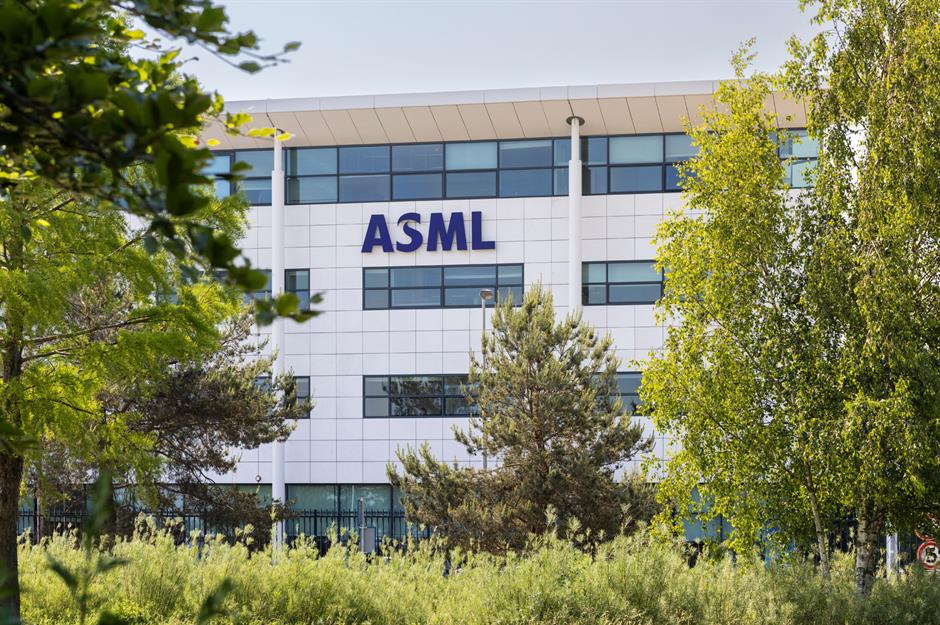
The Netherlands has a much better rating for talent, but its main strengths are in operational environment, government strategy and infrastructure.
Crucially, the nation is home to semiconductor industry supplier ASML, much to envy of the rest of the world. ASML is playing a pivotal role in the AI revolution since it's literally the only company on the planet that makes the machines needed to produce advanced AI chips.
=11. Switzerland, overall score: 20

Switzerland has a high score for intensity, with its AI capabilities impressive for a country of its size. The wealthy nation is positioning itself as an international frontrunner when it comes to AI applications in healthcare and pharmaceuticals, having already made great strides in these areas.
Switzerland is also notable for the speed at which its population has adopted AI, with half already using it and a majority comfortable with the tech.
Sponsored Content
=11. Japan, overall score: 20
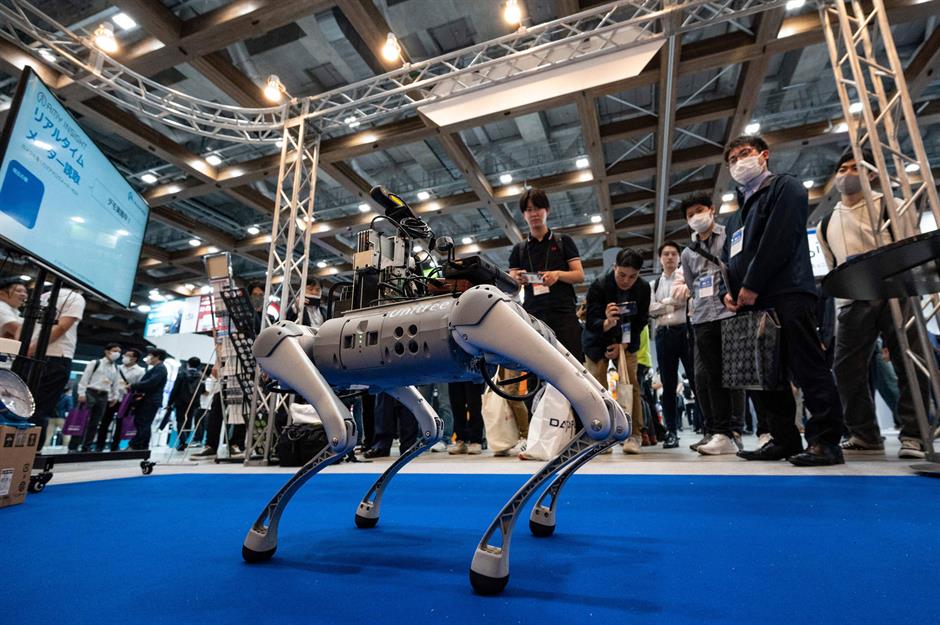
Japan was a relatively late starter in the AI race but is more than making up for its tardiness, thanks in part to a $12.8 billion (£10.3bn) stimulus package that should work wonders on its AI industries. Operating environment, government strategy and infrastructure are the nation's top-scoring sub-pillars.
As a matter of fact, Japan is already a world leader in AI robotics, as well as AI disaster management.
10. India, overall score: 24

India has a low intensity score, but the nation excels in terms of talent, with an abundance of skilled AI professionals – only one other country scores higher for this sub-pillar. The country also has a super-high rating for operating environment but its research capabilities could be much better.
As for the various AI fields, India is strongest in healthcare, fintech and logistics.
=8. Israel, overall score: 26

On the flip side, Israel has the second-highest intensity score in the Tortoise Media index. The country leads the world in AI cybersecurity and defence AI, though its deployment of the technology in the conflict with Hamas has proved controversial, attracting criticism from human rights organisations.
Israel is awash with up-and-coming AI startups and is home to autonomous driving firm Mobileye, the largest non-US AI company by market cap, with a value of just under $13 billion (£10.5bn).
Sponsored Content
=8. Canada, overall score: 26

The country that invented deep learning, Canada has long been an AI pioneer and scores well for intensity. Its operational environment and government strategy are particularly robust.
The nation's government is investing $1.7 billion (£1.4bn) to strengthen its AI ecosystem, aiming to boost jobs growth, productivity and innovation across key sectors. The measures include funding for AI infrastructure, start-ups, workforce training and safety.
=6. Germany, overall score: 27

A global trailblazer in industrial AI and smart factories, Germany scores well across several sub-pillars, including operational environment, infrastructure, talent and government policy.
The country is hosting one of those seven European AI factories. Its facility, HammerHAI, located in Stuttgart, is billed as a one-stop shop for AI users in academic research and industry. Bolstering Germany's AI prowess is the fact that Berlin-based AI defence company Helsing bagged Europe's second-biggest AI investment in 2024, securing funding of $464 million (£373m).
=6. South Korea, overall score: 27

South Korea scores high for intensity and its rating for development is the third best in the index.
The country shines when it comes to AI semiconductor manufacturing since it's a production hub for these specialised chips. South Korea is also a global leader in the production of AI patents, though its overall research capabilities could do with some improvement.
Sponsored Content
5. France, overall score: 28

France also scores well for intensity and is well-placed in the global AI race, thanks to its strong academic foundations, generous government investment and focus on ethical innovation in key sectors like healthcare and transportation.
Private-sector investment in AI is also free-flowing in the country. By way of example, French generative AI startup Mistral AI landed Europe's biggest AI funding deal in 2024, attracting investment of $616 million (£495m) on top of the $503 million (£405m) it secured in 2023.
That said, France's AI industry has arguably suffered a reputational setback; a chatbot called Lucie, which was backed by the French government, was recently taken offline amid claims it was giving nonsensical advice to users, including telling one to eat cow's eggs.
4. UK, overall score: 30

Another country with an excellent score for intensity, the UK has major strengths in AI research and innovation, with Oxford University ranking fourth globally for data science and AI. The nation also scores very well for talent, operational environment, and commercial and government strategy.
UK prime minister Keir Starmer recently promised to “unleash” AI across the UK via the $17.4 billion (£14bn) AI Opportunities Action Plan. Funding has already been plentiful, and the UK trails only the US and China in this respect. The UK is also home to Europe's leading AI firm by market cap, AI drug design and development company Exscientia, valued at $630 million (£507m).
3. Singapore, overall score: 32

Singapore scores the highest for intensity out of every country in the index, punching well above its weight in the AI race. What's more, the city-state has benefited from the highest per capita AI spending on the planet.
The compact nation, which launched its first National AI Strategy in 2019, has everything from esteemed research institutions to dynamic startups and is in an ideal position to become a global hub for the very best in quality AI innovation and deployment.
Sponsored Content
2. China, overall score: 54
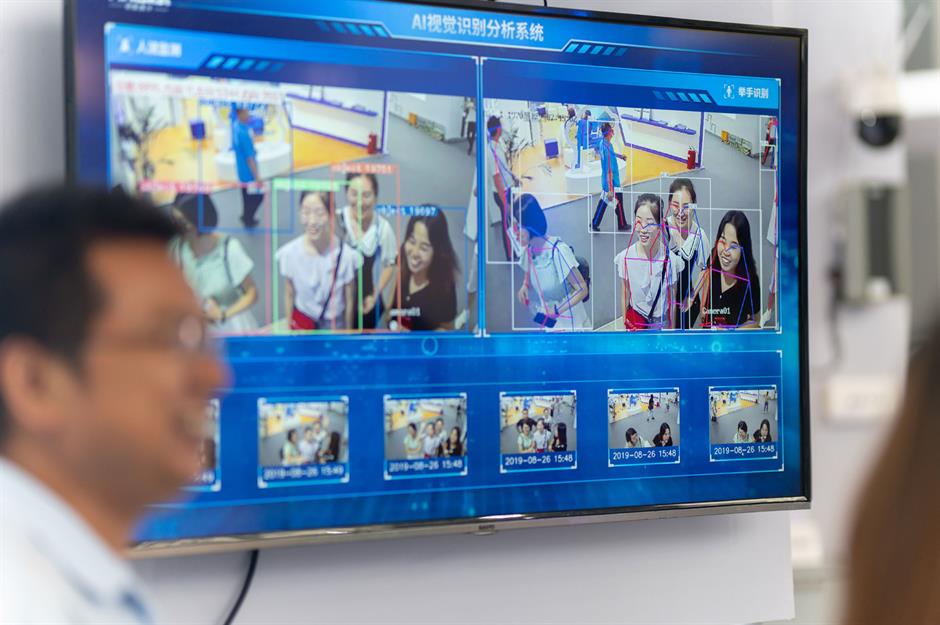
China may be ranked second overall in the AI race according to the Tortoise Media index but it scores a lacklustre 34/100 for intensity. However, the People's Republic has the second-highest AI spending and leads the world in several AI fields, including facial recognition and computer vision.
Autonomous driving is also one of its strong points, with self-driving firm Pony AI the leading Chinese AI company by market cap, with a value of $4.75 billion (£3.8bn). Moreover, the recent unveiling of Chinese AI chatbot DeepSeek, which mimics American innovations like ChatGPT and Gemini but was purportedly developed at a fraction of the cost, has stunned the AI world and led to a plunge in the share prices of NVIDIA, Microsoft and other US tech giants. DeepSeek has been described as a "Sputnik moment" in the AI superpowers race, with President Trump also calling it a "wake-up call" for his country.
1. USA, overall score: 100
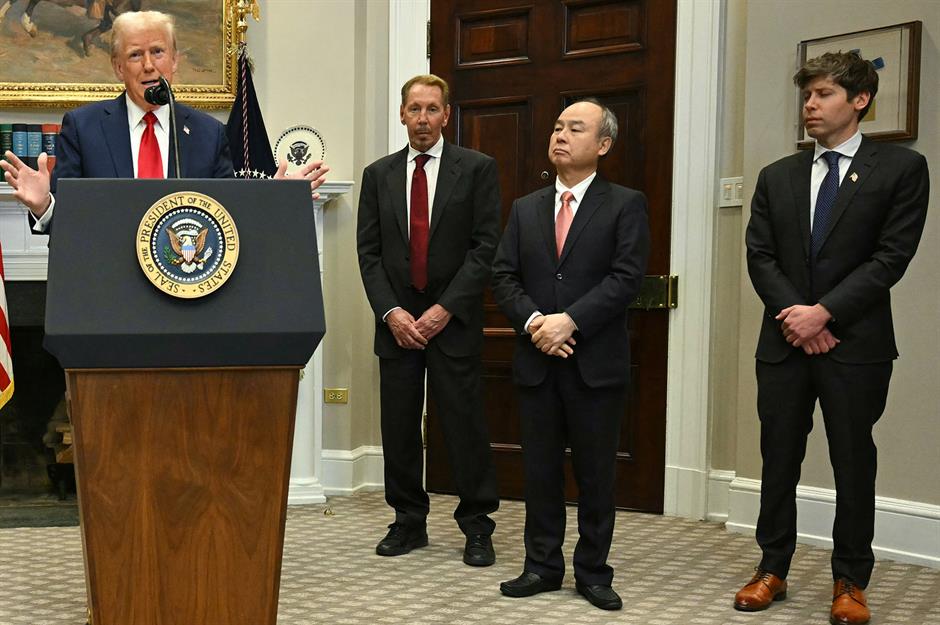
America leads the world in most AI fields, including generative AI, natural language processing (NLP) and machine learning.
The US boasts the world’s premier AI research institutions, from MIT and Stanford University to Carnegie Mellon University, often called the birthplace of AI. Its tech giants, including Microsoft, Apple, NVIDIA and Alphabet, largely dominate the global market, and the country massively outpaces others in terms of funding for AI. That said, the launch of DeepSeek, as mentioned, has shaken America's longstanding reign.
Government policy is extremely supportive. But while President Trump's plan to roll back AI regulation will likely stimulate American AI innovation and deployment, it raises numerous safety and ethical concerns. In any case, the new president recently announced the unprecedented Stargate Plan, a collaboration between OpenAI, Oracle, Japan's SoftBank and the UAE's MGX to build $500 billion (£402bn) in AI infrastructure in the US. This represents the largest AI infrastructure investment to date.
Now discover the countries predicted to rule the world in 2039
Comments
Be the first to comment
Do you want to comment on this article? You need to be signed in for this feature